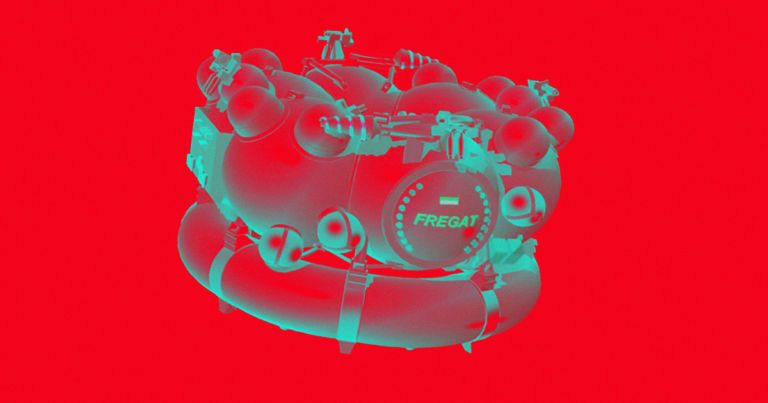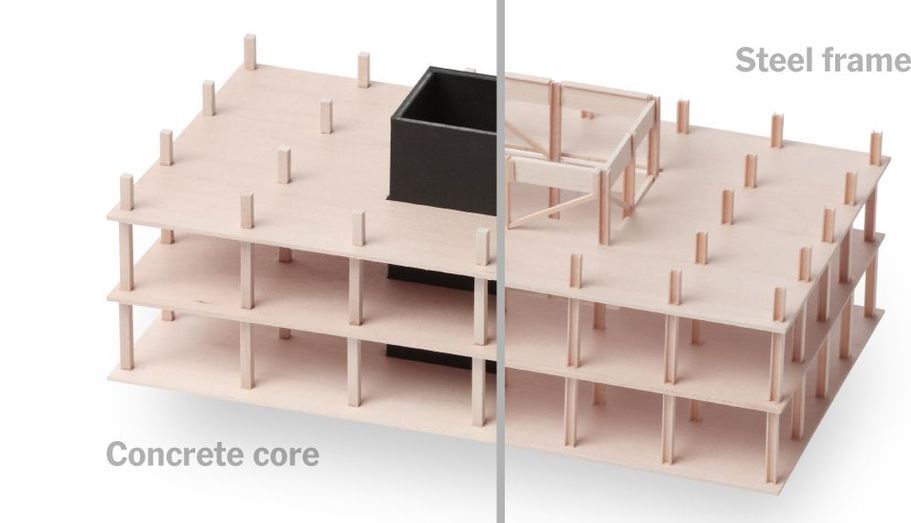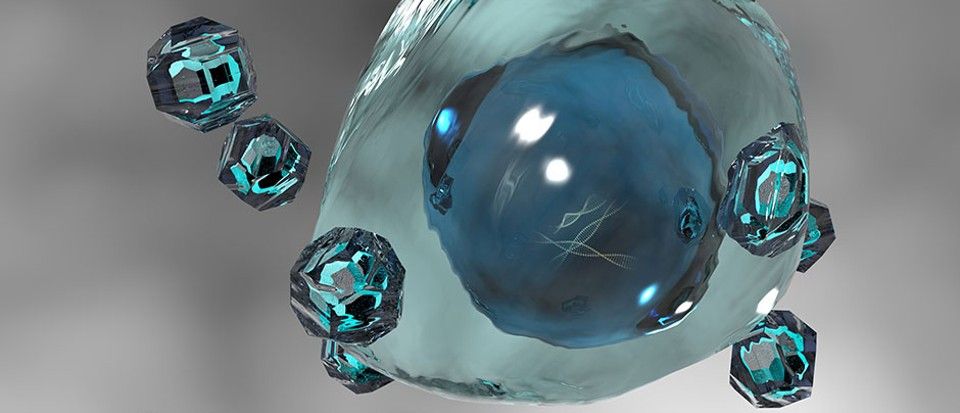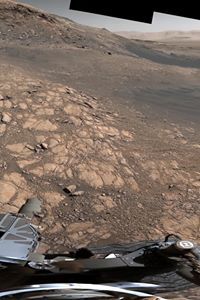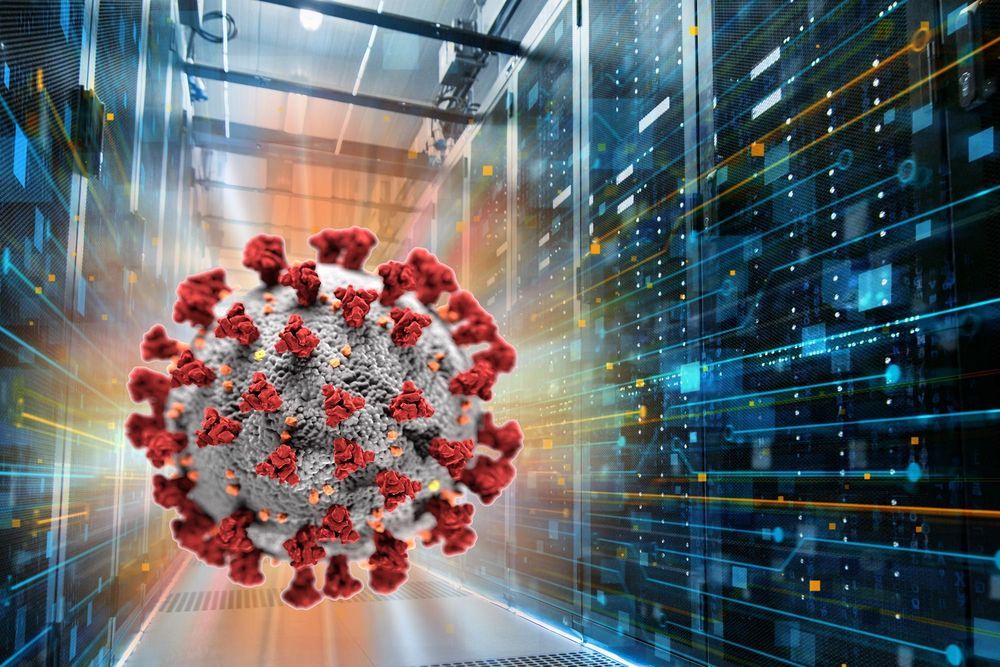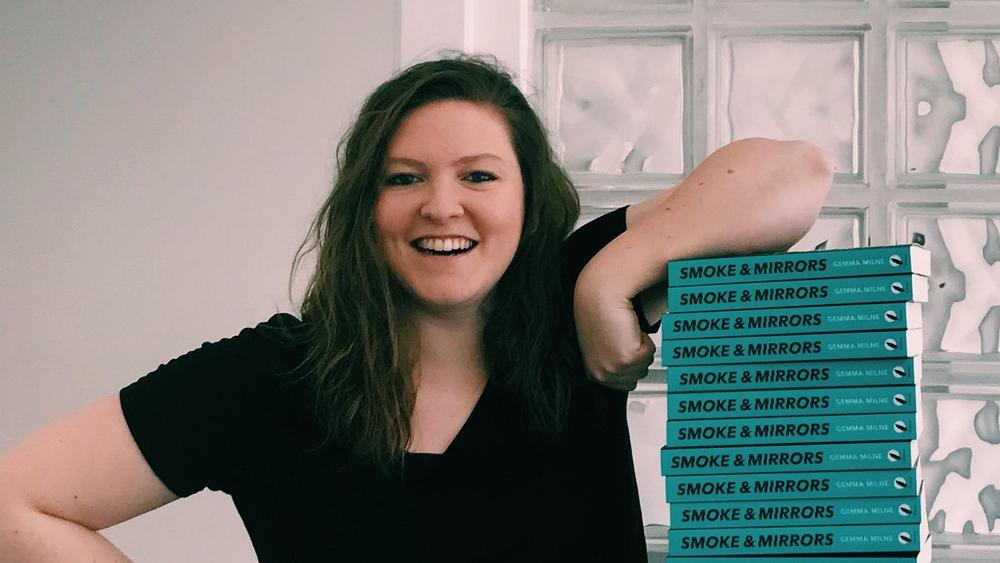May 11, 2020
Russian Rocket Disintegrates in Space, Leaving Orbital Debris
Posted by Quinn Sena in categories: military, space
Russia’s space agency Roscosmos announced on Sunday that the tanks of a rocket that launched a scientific satellite back in 2011 have disintegrated in Earth’s orbit above the Indian Ocean.
The 18th Space Control Squadron of the US Air Force said on Saturday that it is now tracking 65 separate pieces associated with the rocket’s upper stage. “No indication caused by collision,” the squadron wrote in a May 9 tweet confirming the news.
“Currently we are working to collect data to confirm the quantity and orbit parameters of the fragments,” Russia’s space agency said in a statement, as quoted by Agence France-Presse.
